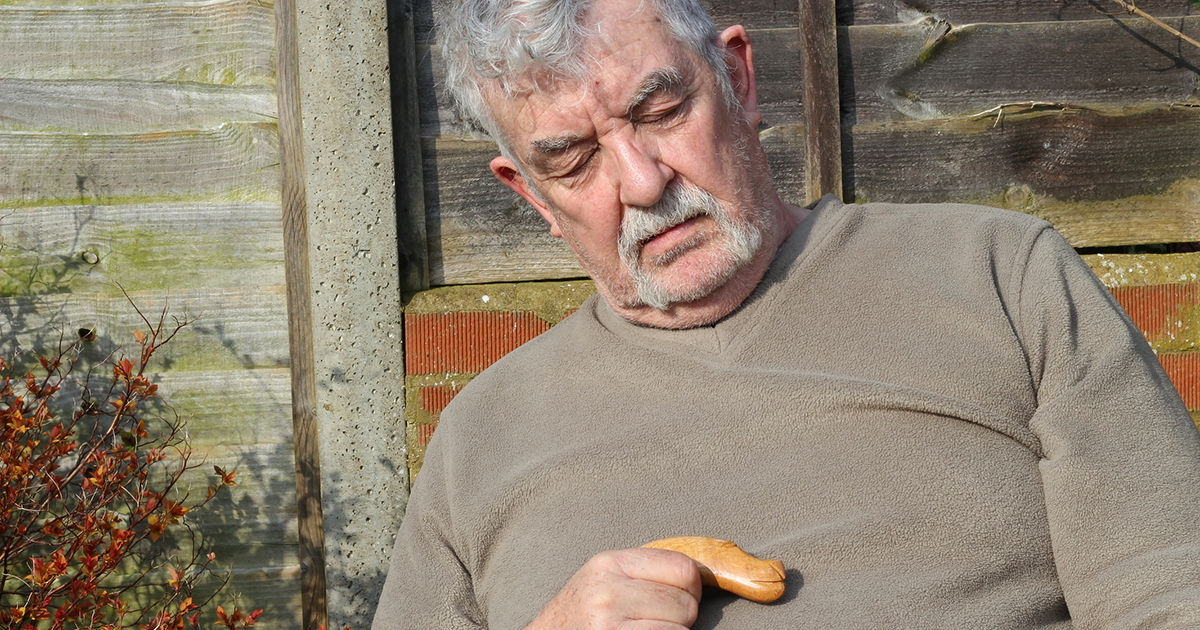Warning Signs Of Peritoneal Cancer
Fatigue

Fatigue or whole-body tiredness is a symptom some individuals with peritoneal cancer experience as a result of their malignancy. The fatigue that occurs due to cancer is usually so severe that it disrupts the patient's ability to carry out everyday tasks and responsibilities. Several mechanisms contribute to the fatigue individuals with peritoneal cancer experience. Nutrients are absorbed from the foods consumed through the small intestine and are then packaged up and sent to the liver for further processing. The nutrients then re-enter circulation and are distributed to cells around the body so they can produce a form of usable cellular energy called ATP. Cancerous cells, while nonfunctional and nonbeneficial to the body are still cells that require nutrients to carry out their malicious processes. Cancer cells multiply quickly in numbers, which causes more cells to be competing with healthy cells for the nutrients absorbed from the diet. The cancerous cells leave little energy for the healthy cells that provide the functionality to body structures like muscles and the brain. Cancerous cells growing in the peritoneum can interrupt the normal hormonal processes in the body that control metabolism and secrete fatigue-inducing cytokines.
Frequent Urination

Malignancy in an individual's peritoneum can cause them to experience frequent urination as a manifestation of their cancer. A healthy individual typically empties their bladder between four and eight times each day. When the urge to urinate suddenly appears, healthy individuals are usually able to keep urine from leaving their bladder until they can get to a restroom. Frequent urination is medically defined by an individual who urinates more than eight times every day. The bladder is a muscular structure in the lower abdomen and pelvic area responsible for housing the urine produced by the kidneys until it is ready to be expelled. When there is little to no urine in the bladder, it shrinks into a somewhat flattened shape and expands as more urine moves into it from the kidneys. A typical human bladder has the capacity to hold between sixteen and twenty-four ounces of urine. The actual urge to urinate occurs when urine has occupied around a quarter of the bladder's capacity. However, individuals who have a cancerous tumor growing in their peritoneum have less space in their abdominal cavity for urine to occupy. The result of this malfunction is a decrease in the amount of urine the bladder is able to hold all together. This mechanism causes the patient to have the urge to urinate when one-fourth of its reduced maximum capacity has been met.
